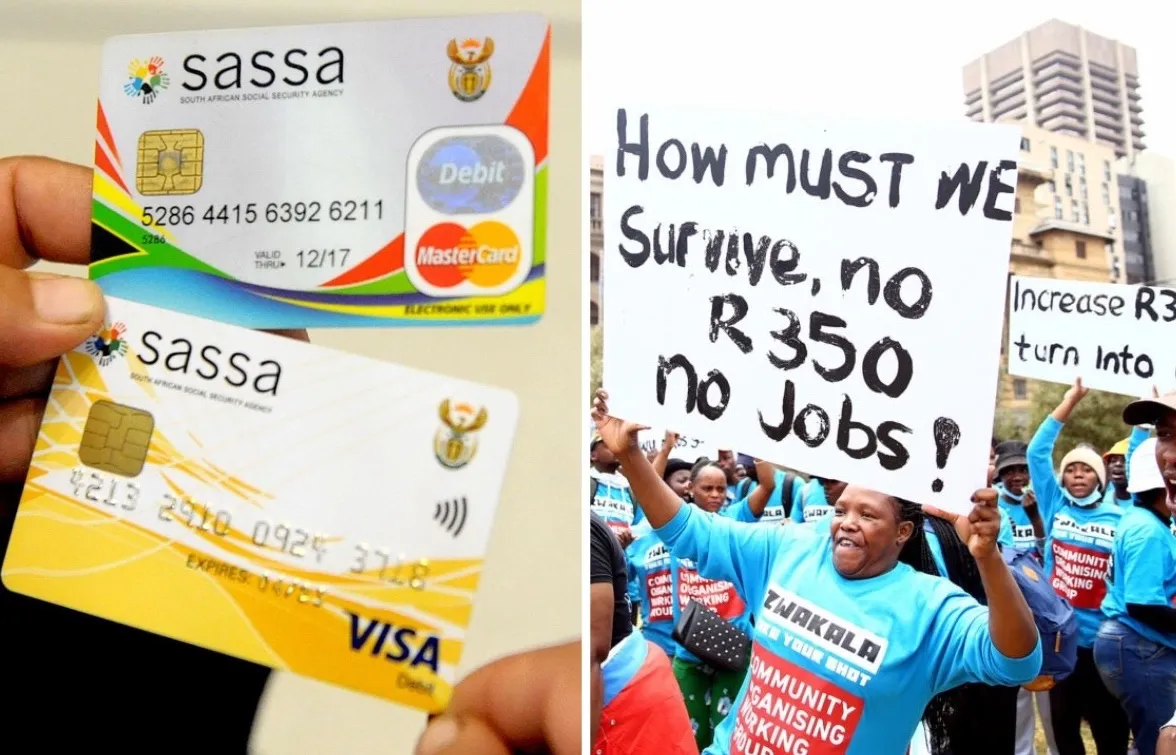
7 key reasons South Africa’s economy struggles to stay competitive
The World Bank has published a sharp report explaining why South Africa’s economy remains uncompetitive and why doing business here is so challenging…

Many top industry leaders say South Africa’s lack of economic competitiveness has been obvious for years. Now, the World Bank has released a new report detailing why the country ranks among the least competition-friendly economies for doing business.
But it’s not all bad news. In its Driving Inclusive Growth in South Africa report, the bank highlights major improvements over the past year. It says South Africa is in a much better position than it was in 2024, crediting improved electricity supply and key structural reforms.
SOUTH AFRICA’S UNCOMPETITIVE ECONOMY
Nevertheless, the World Bank still thinks South Africa is beset by several onerous regulations that make it an uncompetitive economy in which to do business:
- For example, the new Employment Equity quotas that come into effect on 1 September 2025 will further burden business.
- Moreover, South Africa’s uncompetitive economy suffers from poor business dynamism and minimal job creation.
- This, in turn, leads to a lack of competition within the economy and an over-reliance on social welfare, which acts like a handbrake on economic growth.
- As such, the World Bank believes ‘short-term wins’ will create momentum and start to achieve a successful economic transformation.
- Key to strengthening South Africa’s uncompetitive economy is easing various regulatory burdens on businesses.
- There are only ‘one-third of the new business ventures in South Africa,’ compared with other typical middle-income countries.
- A such, no enough new businesses – whether small, medium or large – are being created. Therefore, there are no new employable South Africans contributing to the economy.
WHAT CAN BE DONE?

The World Bank says boosting market competition will strengthen South Africa’s uncompetitive economy and drive innovation. It urges the country to “rebalance its economic model by making it easier for investors and young workers to enter the market.”
One way to do this, the bank suggests, is by reducing the role of state-owned enterprises. These currently operate like monopolies in South Africa and are highly inefficient and wasteful of taxpayer money, reports Daily Investor. In conclusion, the bank says there’s no obvious reason why such an approach, coupled with smart regulations, cannot be applied to help kickstart South Africa’s uncompetitive economy.
